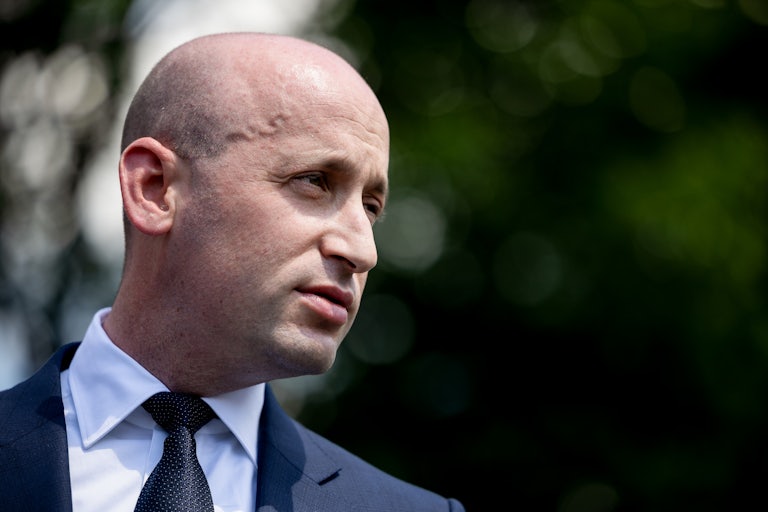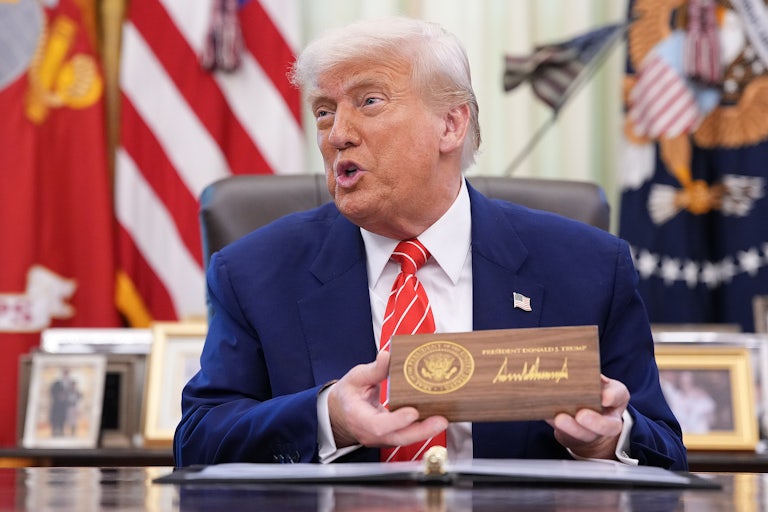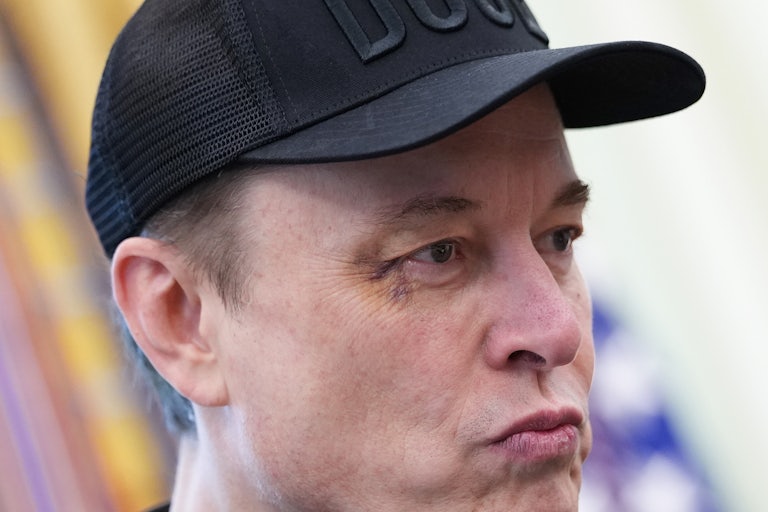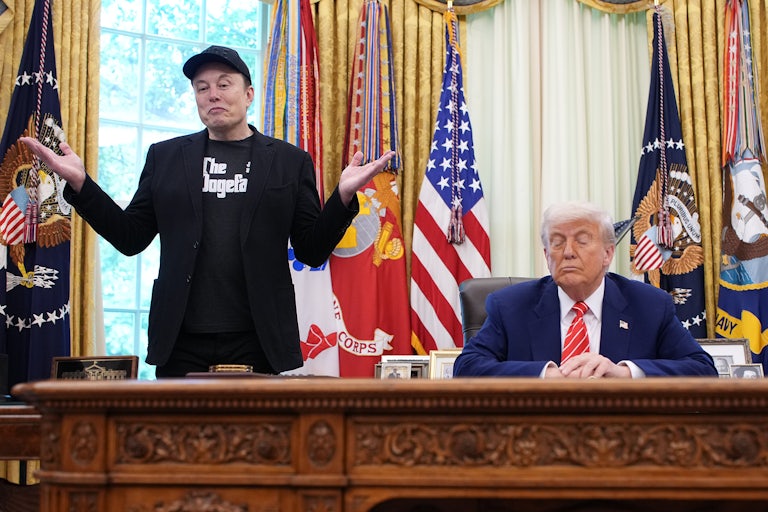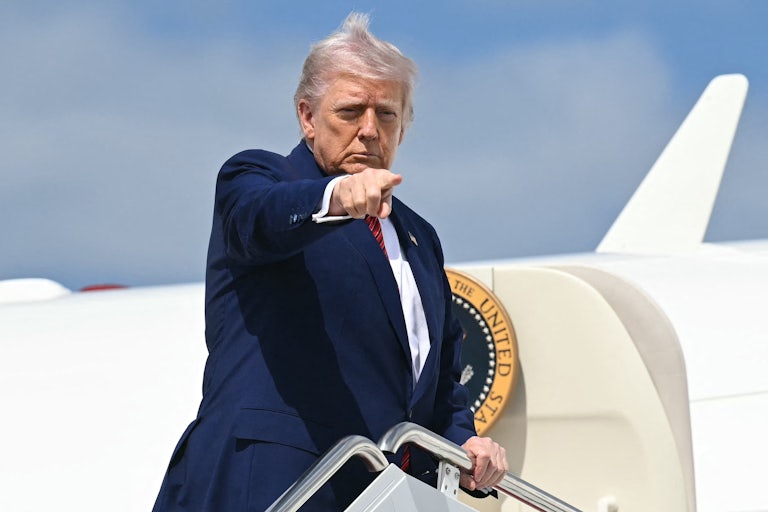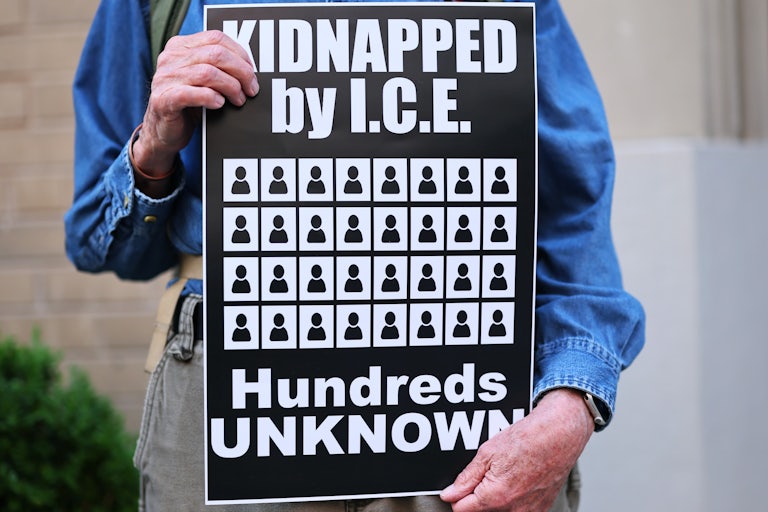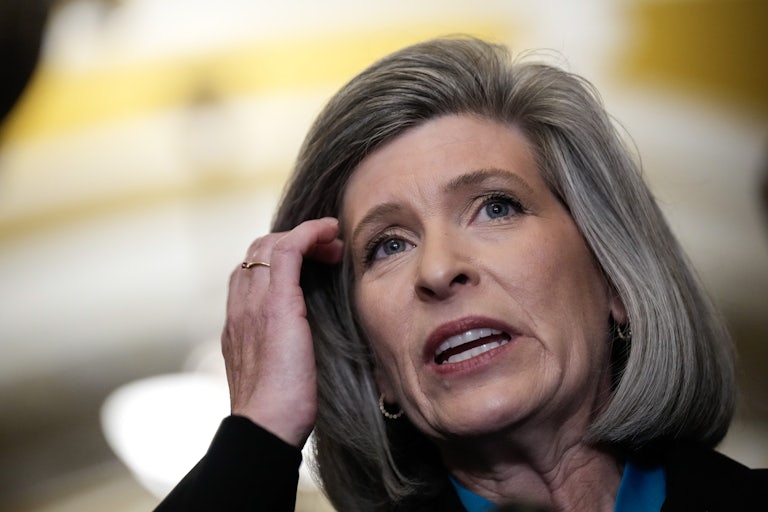RFK Jr. Swaps Made-Up Studies in His Report for More Made-Up Studies
Robert F. Kennedy Jr. was called out for using fake studies in his AI-generated report. But in fixing them, he just inserted more errors.
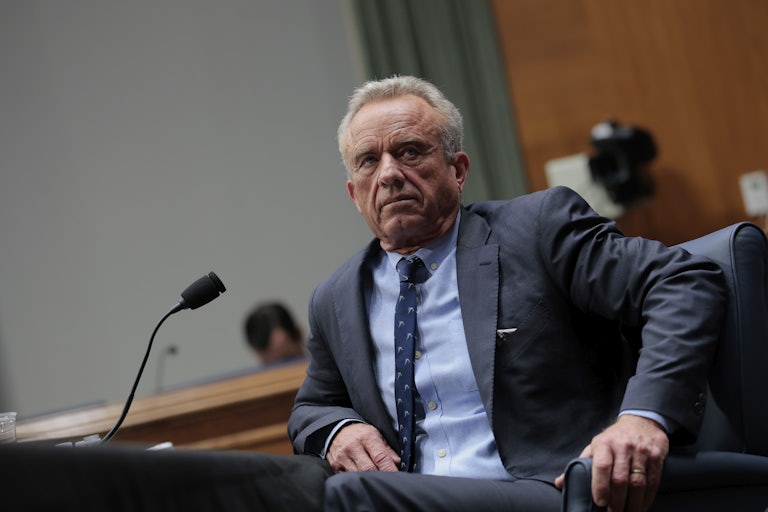
Health Secretary Robert F. Kennedy Jr.’s error-laden Make America Healthy Again report was updated Friday to remove citations to several nonexistent studies—as well as some perfectly real ones—and replace them with citations that still make no sense, NOTUS reported.
A NOTUS investigation published Thursday found that Kennedy’s report taking aim at childhood vaccines, ultraprocessed foods, and pesticides listed studies that authors said were either misinterpreted or had never even occurred, leaving artificial intelligence researchers partially blaming AI for the errors. Several studies cited in the original report identified by NOTUS as nonexistent were replaced Friday, as well as some studies with which NOTUS had not identified any issues.
But in some cases, the replacements weren’t much better.
One study that the original report cited to support the claim that psychotherapy was a better treatment for children experiencing mental health issues than medication was replaced by another “systemic overview” by Pim Cuijpers, a widely referenced psychologist in Amsterdam. But Cuijpers told NOTUS that his study covered the use of psychiatric medication in adults, not children.
The two “cannot be compared, and this reference is therefore not usable in adolescents,” Cuijpers wrote in an email to NOTUS. He also noted that there was no evidence to support the report’s claim that psychotherapy was more effective than antidepressants for adolescents.
This wasn’t the only detail that undermined the report’s arguments that American children were overmedicated. Cuijpers pointed out to NOTUS that the report’s claim that “antidepressant prescription rates in teens increased by 14-fold between 1987 and 2014” was a little less convincing considering that antidepressants were only developed in the late 1980s.
“So it can also be said that these drugs were simply used for the adolescents who could benefit from them,” Cuijpers told NOTUS.
Another faulty citation attributing work to the incorrect authors was fixed, NOTUS reported, but the new study cited also failed to support the claim that “since the 1970s, recess and physical education (PE) have steadily declined.”
Yet another incorrect citation referred to pulmonologist Harold J. Farber but didn’t cite an actual paper he’d worked on to support the claim that “an estimated 25-40% of mild cases” of asthma were overprescribed drugs. The new citation referred to Farber’s actual study, which had been about a Medicaid-managed care program study in Texas, but Farber told NOTUS that the notion that those results applied to the general population required a “tremendous leap of faith.”
After the initial NOTUS report, so many changes were made to the documents to remove evidence of AI-chatbot handiwork that White House officials stopped denoting changes to the document, and deleted references to prior corrections, NOTUS reported.

